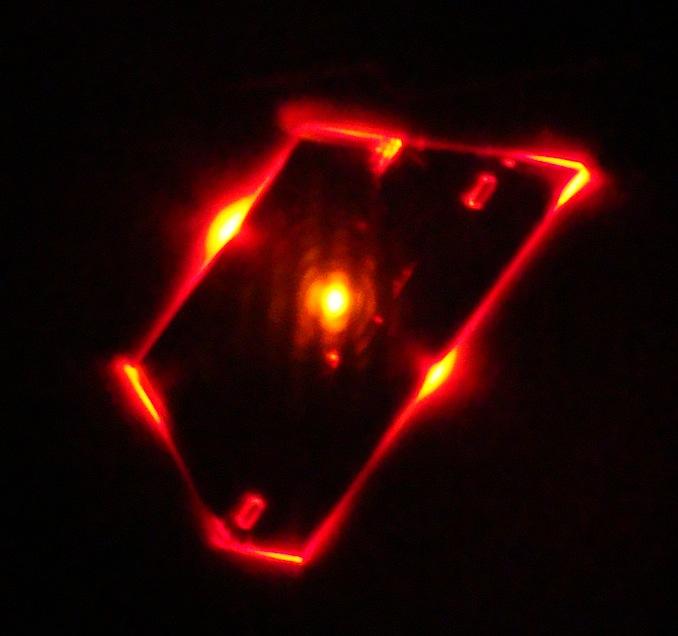The Department of Physics invites applications for a tenure-track faculty position as Assistant Professor of Physics, with an anticipated start date of July 1, 2025. We seek a candidate who complements or enhances existing research programs in atomic, molecular, and optical (AMO), or condensed matter physics.
Students
Amanda Portoff (2023)
Andrew Venzie (2024)
Ying Qin, dissertation title, Hydrogen centers in semiconducting oxides In2O3 and Ga2O3, Lehigh University (2018).
Philip Weiser, dissertation title, Studies of hydrogen defects and free-carrier absorption in transparent conducting oxides, Lehigh University (2017).
Paul Corkum, PhD from Lehigh University, wins 2025 APS Medal
A special congratulation to Paul Corkum, University of Ottawa, who has won the American Physical Society's 2025 APS Medal for exceptional achievement in research, in the fields of plasma physics, strong-field spectrosocpy, electron scattering, as well as for pioneering the use of…
Paul Corkum, PhD from Lehigh University, wins 2025 APS Medal
A special congratulation to Paul Corkum, University of Ottawa, who has won the American Physical Society's 2025 APS Medal for exceptional achievement in research, in the fields of plasma physics, strong-field spectrosocpy, electron scattering, as well as for pioneering the use of attosecond laser pulses.
Paul was a graduate student in the Department of Physics in the group of Prof. McLennan and obtained his PhD from Lehigh University in 1972. The APS Medal is a new entry in a long list of recognitions that include the Wolf Prize in physics.
See also Paul Corkum’s journey from experiment to theory and back again, at the American Physical Society.

Entanglement and Quantum Interference in Condensed Matter Quasiparticles
Photon absorption in some organic molecular semiconductor crystals can create a photoexcited state that spontaneously splits into a pair of mobile, spin-entangled triplet excitons, where each quasiparticle has an electronic spin of 1 but the pair has a total spin of zero. The triplet…

Entanglement and Quantum Interference in Condensed Matter Quasiparticles
Photon absorption in some organic molecular semiconductor crystals can create a photoexcited state that spontaneously splits into a pair of mobile, spin-entangled triplet excitons, where each quasiparticle has an electronic spin of 1 but the pair has a total spin of zero. The triplet excitons (spin-1 excitons) in this system are a condensed matter equivalent of the entangled photons created by parametric down conversion in nonlinear optical crystals.
New work by Biaggio's group has introduced transport induced dephasing as a key process that can suppress the quantum beats normally associated to entanglement when triplet excitons can localize on inequivalent sites in the crystal lattice, leading to global decoherence in a population of entangled triplet pairs..
